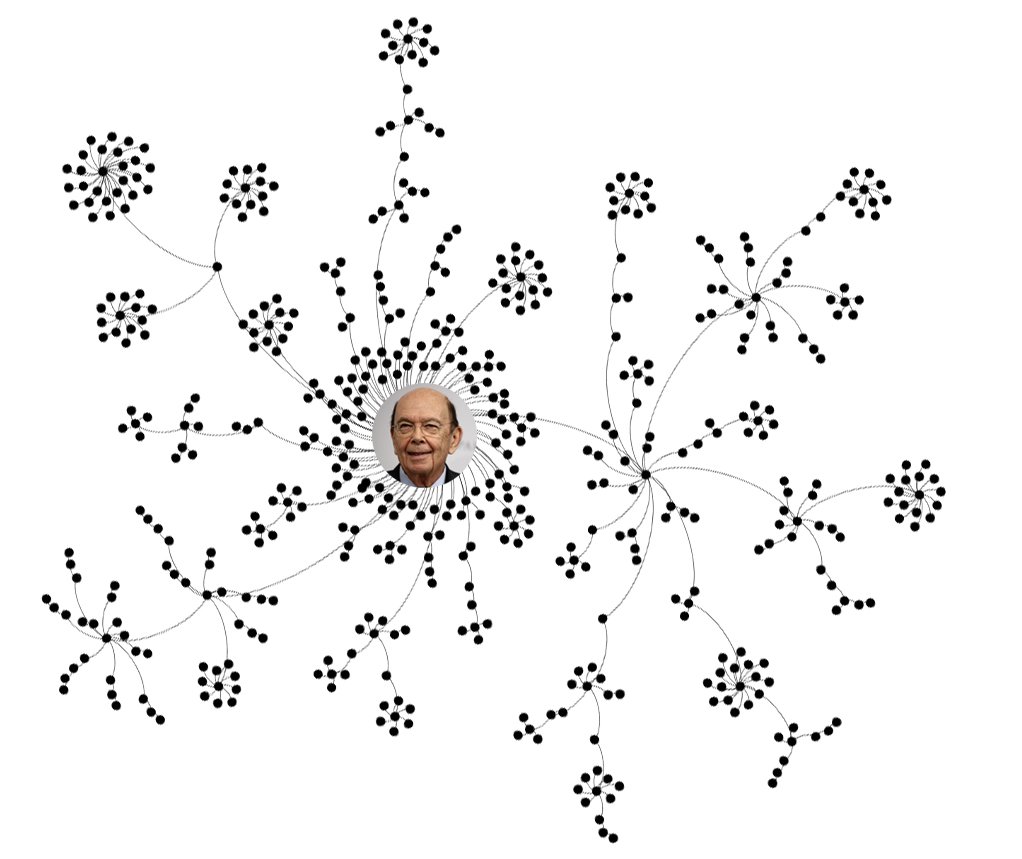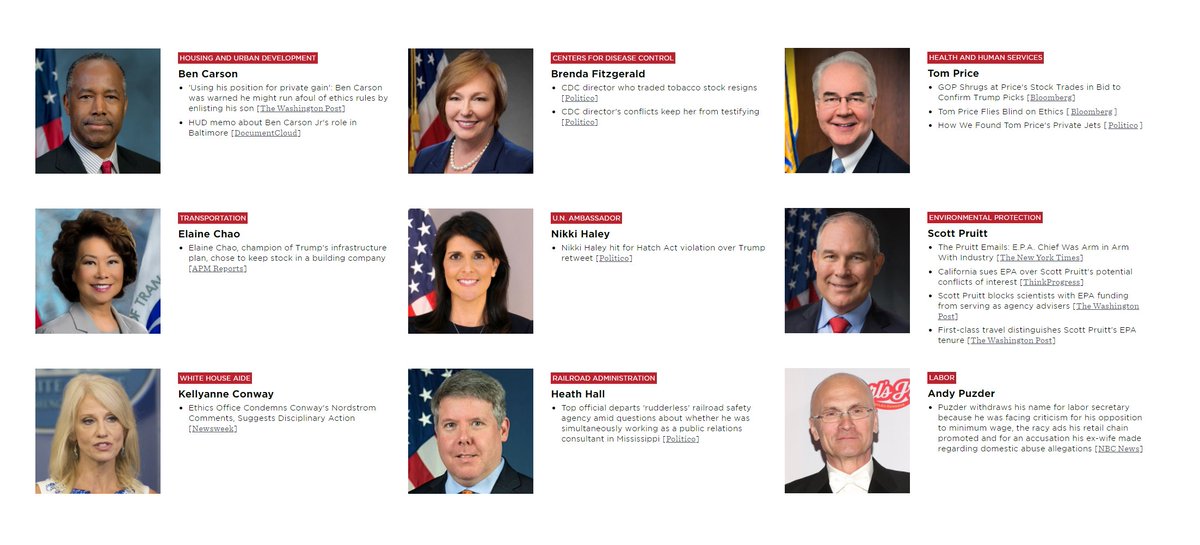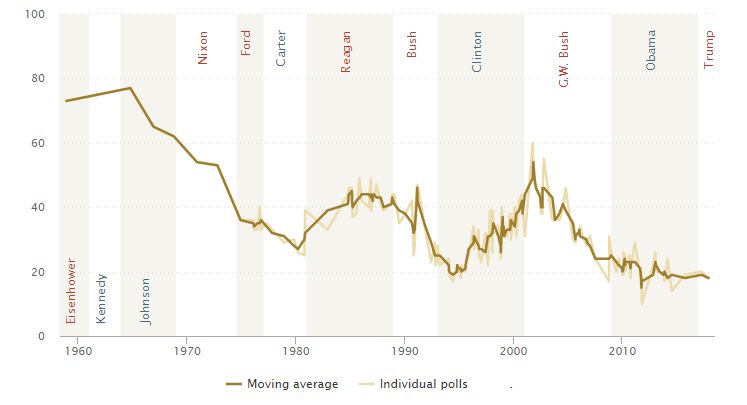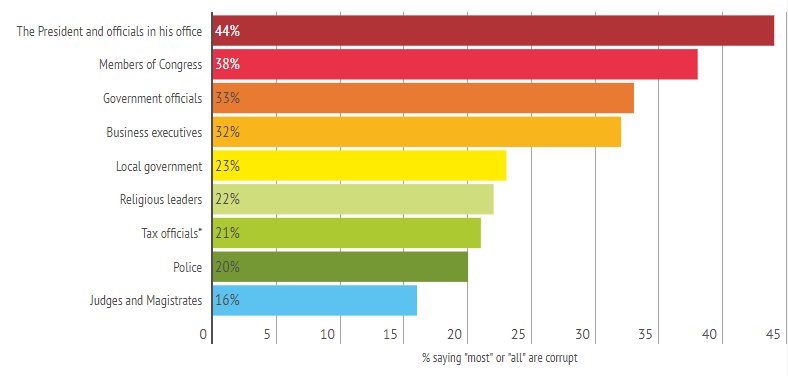1/ This weekend, I’ll be on @MarketplaceWKND with @lizzieohreally to discuss how the Trump administration has undermined the government’s ethics safeguards. apmreports.org/ethics
2/ This week, we’re focusing on the history of the nation’s ethics laws and how they evolved since the 1950s.
3/ We start with the vicuna coat scandal that occurred under Dwight Eisenhower.
4/ The scandal cost Ike’s Chief of Staff his job in 1958 and tarnished the remainder of his presidency.
5/ President Kennedy recognized that scandals under Eisenhower and Truman could cripple his presidency so he took steps to update the law.
6/ Under Kennedy and LBJ, the laws were updated to avoid conflicts of interest. The new rules also required top level appointees to file confidential financial disclosures forms.
7/ And then came Watergate and a new set of ethics requirements.
8/ In 1978, Congress passed a law requiring financial disclosure from federal employees. The Office of Government Ethics was formed to oversee it all. oge.gov
9/ Those four-decade-old financial disclosure forms are the same ones that federal officials file today.
10/ The forms are supposed to give the public insight into the financial interests of federal employees.
11/ This matters because the ethics system relies on officials to disclose their finances and 1) sell them off, 2) put them in a blind trust or 3) recuse themselves.
12/ But the problem is that the forms can be hard to decipher.
13/ The wealth of some cabinet members make the forms extremely complicated. Commerce Secretary Wilbur Ross’ form is 57 pages. extapps2.oge.gov/201/Presiden.n…
14/ For example, Ross has holding companies, llcs, partnerships and offshore accounts that are difficult to sort through. The fabulous @cristinacuri96 started sorting through the document by hand. Here’s a picture of her initial process. 

15/ Here’s what Ross’ financial disclosure form looks like as a graphic. Each dot represents a company or investment tied to Ross. (Thanks to @cristinacuri96 and @aakruse) 

16/ In some instances, cabinet members opted to keep their investments but it isn’t clear whether they’re taking the necessary steps to avoid conflicts.
17/ Ross pledged to hold on to his shipping interests and pledged recusal.
18/ But our reporting found Ross owns more ships than previously known. apmreports.org/story/2017/11/…
19/ The #paradisepapers also revealed Ross owned a shipping firm that has business ties to Vladimir Putin’s son-in-law. icij.org/investigations…
20/ Ross isn’t the only one facing ethics questions. Our reporting and the reporting of others show more than half of Trump’s cabinet has engaged in questionable conduct. 

21/ Experts say @realDonaldTrump has shown a complete disregard for ethics, an attitude that has set the tone for the entire administration.
22/ “If the boss doesn't care, why should you, then?" said Don Fox, who used to work in the Office of Government Ethics.
23/ This is where the system gets strained. It historically relied on "shame and blame" to get officials to come into ethics compliance.
24/ But ethics experts worry President Trump has shown little interest in following historical norms.
25/ "What we have learned in the last year is we cannot rely on presidents abiding by the spirit of these rules on their own," said @clarkkathleen.
26/ The lack of regard for ethics further erodes the public’s trust in government. Here’s how America’s trust in government declined (based on polling by @pewresearch). 

27/ Other polls, like this one by @anticorruption, suggest there’s an attitude that corruption is increasing in government offices. 

28/ The controversy also put ethics experts @waltshaub, @NormEisen, @clarkkathleen and @RWPUSA in constant demand.
29/ Read more of our @apmreports and @Marketplace investigation into the Trump administration’s ethical lapses here: apmreports.org/ethics
30/ You should also tune in to this weekend’s show on @Marketplace because @evetroeh, @KatiepLong @lizzieohreally and @C_E_Winter know how to make great radio.
• • •
Missing some Tweet in this thread? You can try to
force a refresh




